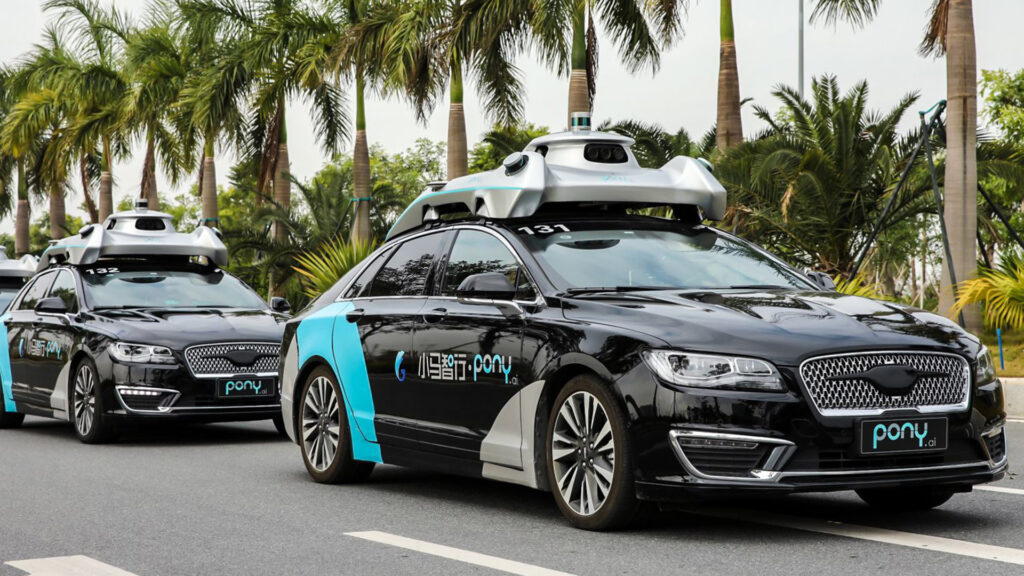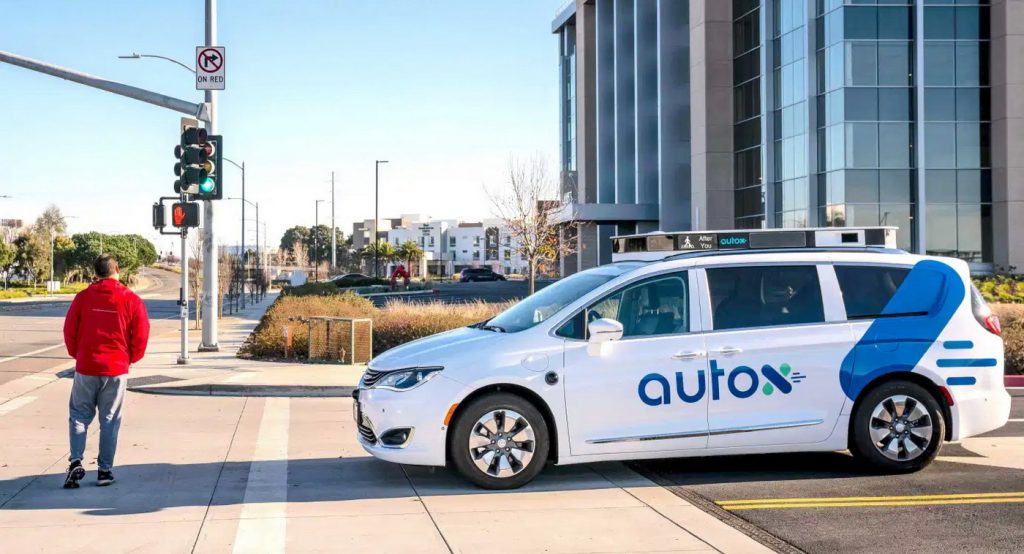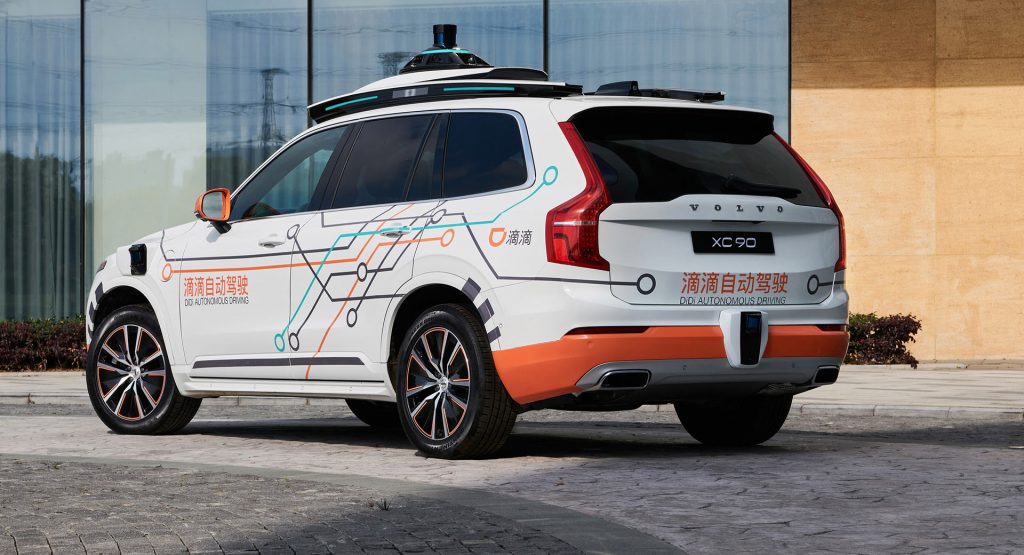It appears some Chinese automakers don’t think the investments are worth it until regulatory hurdles are cleared
5 hours ago
 –>
–> 
–>
While there are still plenty of autonomous test vehicles from Chinese companies being tested on Californian roads, data from the state reveals that they traveled far fewer miles last year than in 2022.
Last year, Chinese companies Pony.ai, WeRide, Baidu, AutoX, and Didi Global logged approximately 124,000 miles (~200,000 km) of driving across the state, representing a fall of around 70% from 2022. Of these, WeRide is the only one permitted to perform tests without a safety driver behind the wheel. Pony.ai logged the most miles but its figures were down 82% from 2022 while those at AutoX and Didi plummeted by 84% and 90%.
Information from the Californian Department of Motor Vehicles reveals that in the case of AutoX, just 13 of the 44 autonomous test vehicles it has registered were used in 2023 and many of them logged less than 10 miles (16 km) each. Just three were driven more than 100 miles (160 miles) with one covering 337 miles (542 km) throughout the year, another traveling 3,624 miles (5,832 km), and the third racking up 3,768 miles (6,064 km). WeRide has a fleet of just 14 vehicles but they traveled more than 42,000 miles (67,592 km) combined.
advertisement scroll to continue
Read: Could Chinese Self-Driving Cars Go On A Programed Killing Spree In America? Some Lawmakers Think So

Interestingly, Nikkei Asia reports that Didi Research America pulled out of the state’s testing program last month for undisclosed reasons. In 2022, its test vehicles covered approximately 37,200 miles (~60,000 km) but that same year, rising concerns about Chinese tech companies prompted it to be delisted from the New York Stock Exchange.
Several U.S. politicians have expressed concern about Chinese companies testing their self-driving vehicles on local roads. In November, a bipartisan group of lawmakers asked 10 companies with Chinese links to answer questions about the data they collect through their testing on Californian roads and in other states.
According to AlixPartners industry analyst Himanshu Khandelwal, firms may also be pulling back investment because regulatory hurdles will make it difficult to commercialize all-autonomous vehicles for the mass market.
“[Chinese firms are thinking] do we really want to play an active role in developing an autonomous vehicle, which is still 10 to 15 years out both in a regulatory and a consumer’s adoption perspective?” he said. “We are seeing Chinese OEMs [original equipment manufacturers] selling vehicles EVs [that are] very successful in Europe, while we are seeing the local U.S. OEMs and European OEMs are pulling back in autonomous driving. Those differences are really driving the disinvestment.”

 –>
–> 